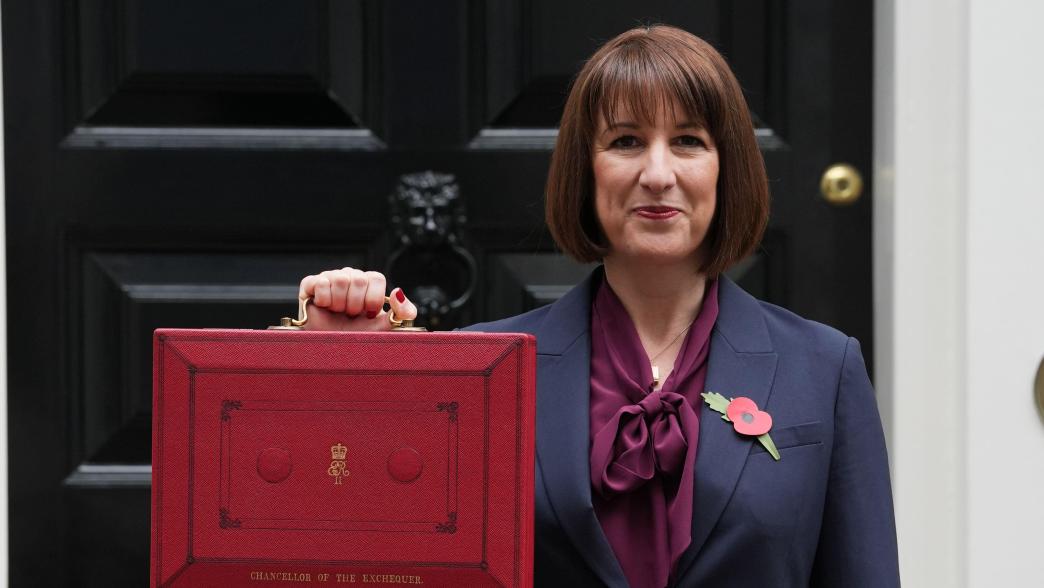
The UK government’s 2024 Autumn Budget has failed to deliver critical support for small and medium-sized enterprises (SMEs), according to Theo Chatha, Chief Financial Officer at Bibby Financial Services.
While Labour campaigned on promises to bolster SMEs, Chatha argued that this Budget “fails to provide them with the support they need to succeed – and will even harm their growth.”
Although the Chancellor extended the Employment Allowance, which benefits smaller businesses, Chatha said the planned increase in employer National Insurance contributions (NICs) “presents a real risk to SMEs.” With many small businesses already grappling with high costs and narrow margins, he warned that “making employment more expensive could result in an immediate cashflow crisis.” The consequences, he cautioned, may include diminished investment, stunted growth ambitions, and setbacks to job creation.
Chatha also criticised the rise in capital gains tax, viewing it as a potential deterrent to the entrepreneurial drive on which the UK economy relies. Recent data, he noted, shows that more than 1,600 company directors have closed their businesses since October began – more than twice the figure recorded for the entire month last year.
“With today’s Budget, the government has not made good on its promises to SMEs,” Chatha said, urging the government to recognise both SMEs’ contributions to the economy and their financial fragility. He warned that unexpected or substantial costs can undermine the “precious balance” on which small businesses depend, endangering their long-term viability.
Delivered by Chancellor of the Exchequer Rachel Reeves on 30 October, this Budget is Labour’s first in over 14 years and the first presented by a woman in the UK. It increases government spending by approximately 2% of GDP annually over the next five years, with one-third of this amount directed towards investment in transport, housing, and research and development (R&D), and the remaining two-thirds towards the government’s day-to-day operational expenses. Half of the additional spending is financed through tax increases, particularly via higher employer NICs and capital taxes, with the other half covered by additional borrowing.
How well do you really know your competitors?
Access the most comprehensive Company Profiles on the market, powered by GlobalData. Save hours of research. Gain competitive edge.

Thank you!
Your download email will arrive shortly
Not ready to buy yet? Download a free sample
We are confident about the unique quality of our Company Profiles. However, we want you to make the most beneficial decision for your business, so we offer a free sample that you can download by submitting the below form
By GlobalDataReeves described the Budget as “restoring stability to our public finances and rebuilding our public services” and as essential to securing “economic stability.” However, SME advocates like Chatha remain concerned that these measures will challenge, rather than empower, smaller businesses in the coming years.







